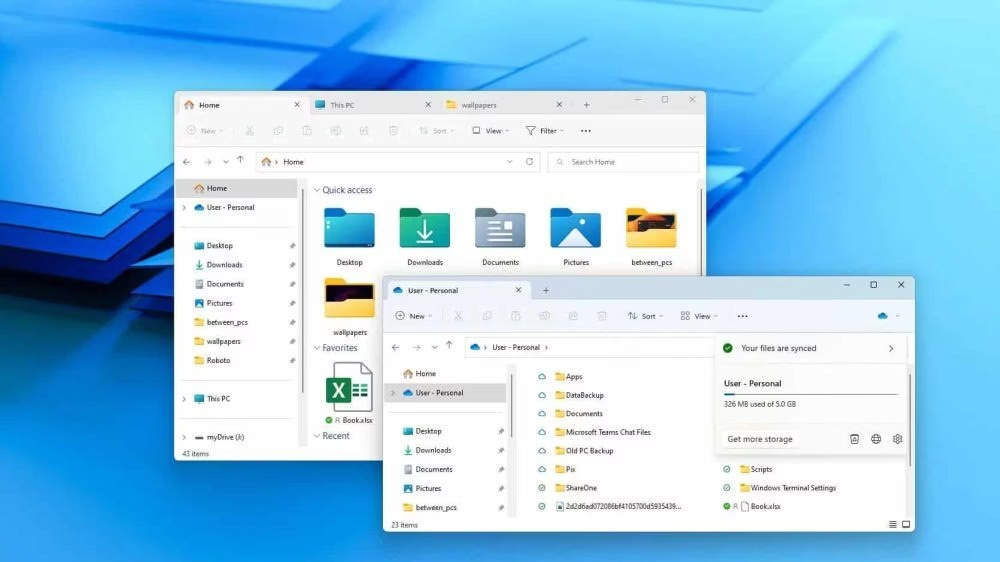South Korea has delayed its decision on Google’s request to export map data, following U.S. calls to address what Washington considers a non-tariff barrier during recent trade talks, the Ministry of Land, Infrastructure and Transport said Friday.
The National Geographic Information Institute will postpone its ruling for 60 days, giving Google time to propose measures that address Seoul’s security concerns. The request is linked to Google’s plan to store South Korean map data on servers outside the country—something the government previously rejected in 2007 and 2016 over fears it could expose sensitive sites.
South Korea, still technically at war with North Korea since the 1950–53 conflict ended without a peace treaty, maintains that exporting such data could reveal the locations of military and other critical facilities.
Google argues that its map data is already publicly available and has passed government security reviews, but says it is willing to adopt additional safeguards, including purchasing blurred imagery from approved local providers. The company warns that current restrictions limit its services in South Korea, causing inconvenience for foreign tourists.
The U.S. contends that these rules have long hampered navigation services like Google Maps and Apple Maps, disadvantaging American companies in the Korean market. While South Korea and the U.S. reached a trade deal in late July and are preparing for a leaders’ summit this month, it remains unclear if the map dispute will be on the agenda.
Transport Minister Kim Yoon-duk recently stressed that national defence and public safety would take precedence over trade concerns when considering the request.


